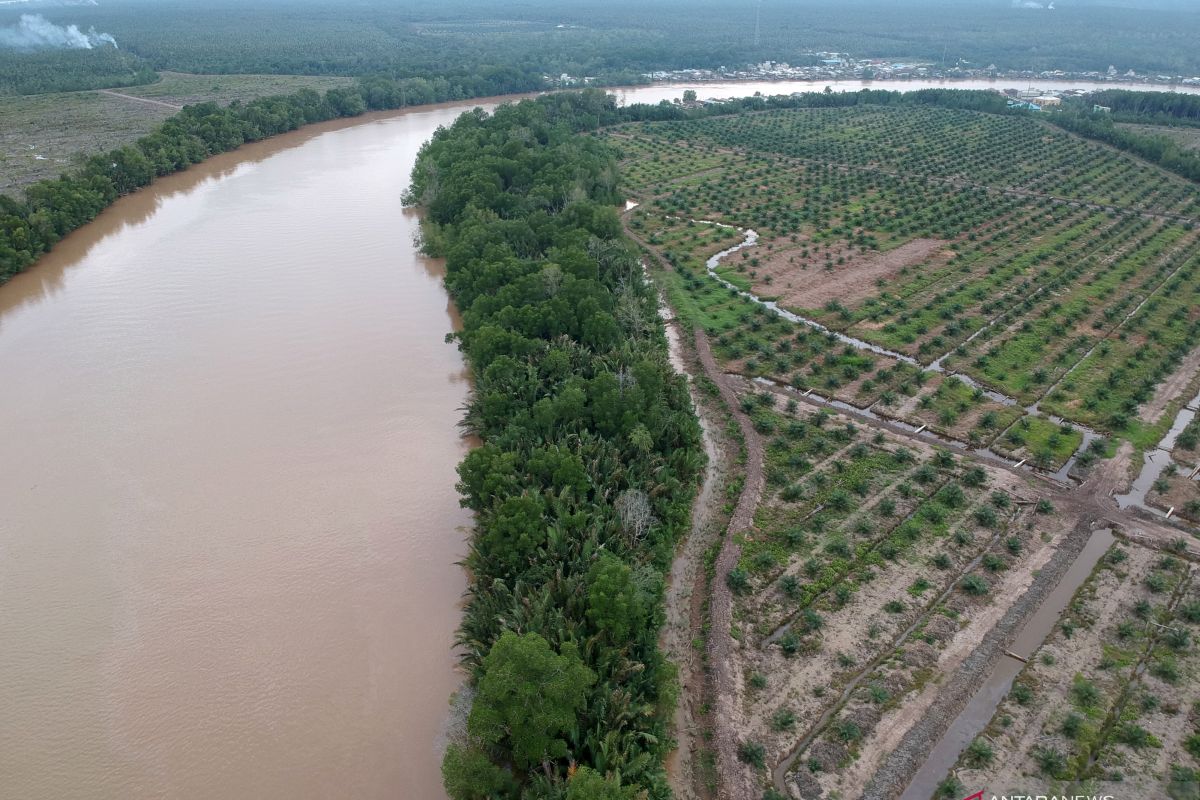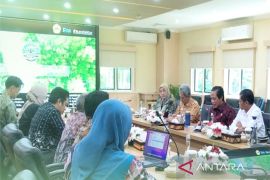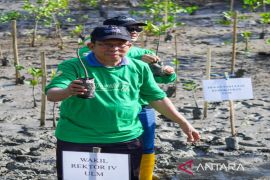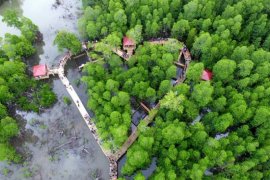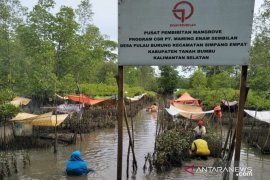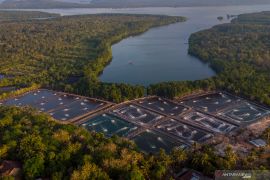Jakarta (ANTARA) - Maritime Affairs and Fisheries Minister Eddhy Prabowo has made assurance that mangrove forests would henceforth not be converted into ponds, and the ministry, in its place, plans to plant more mangrove trees.
"I guarantee that there will be no more deforestation of mangrove forests in future. In its place, we will plant mangroves," Minister Prabowo noted in a statement here on Thursday.
A new-fangled innovative aquaculture system has been developed that enables shrimp and fish farming without the need to have a vast land area, he remarked. Hence, mangrove trees would no longer have to be cleared to make way for shrimp or fish ponds, he explained.
The Ministry of Maritime Affairs and Fisheries has been developing an innovative intensification system for shrimp farming and fish ponds.
Prabowo expressed belief that the intensification system is more productive than traditional ponds.
"In the past, 10 hectares of land could only yield one ton. However, currently, one hectare of land can produce 10 to 15 tons of shrimp. This has been proven in several places in Indonesia," he pointed out.
Prabowo also drew attention to the high demand for shrimp both at home and abroad, wherein for the international market, the requirement remains high and holds promise.
National shrimp production is only some 800 thousand to one million tons annually.
"Hence, this has a huge market potential," he stated.
The ministry is also promoting a silvofishery system for shrimp farming in addition to applying the intensification system, he noted.
Reforestation of mangroves will be conducted in former shrimp ponds while being used for the cultivation of other marine biota, such as grouper, tiger shrimp, and white snapper, he revealed.
Indonesia is home to the world’s largest mangrove population. Mangrove forests, which have been decreasing yearly, are among the most threatened habitats in the world.
Mangroves have been disappearing at a quicker pace than inland tropical rainforests, especially since they are cleared to make way for shrimp farms.
The deforestation of mangroves has led to a decline in fisheries, degradation of clean water supplies, salinization of coastal soils, erosion, and land subsidence.
Related news: ANTARA guide to mangrove resort in North Jakarta
Related news: Some 70 percent damage caused to South Kalimantan's mangrove forest
Related news: BI scholarship recipients conduct mangrove planting in West Lombok


